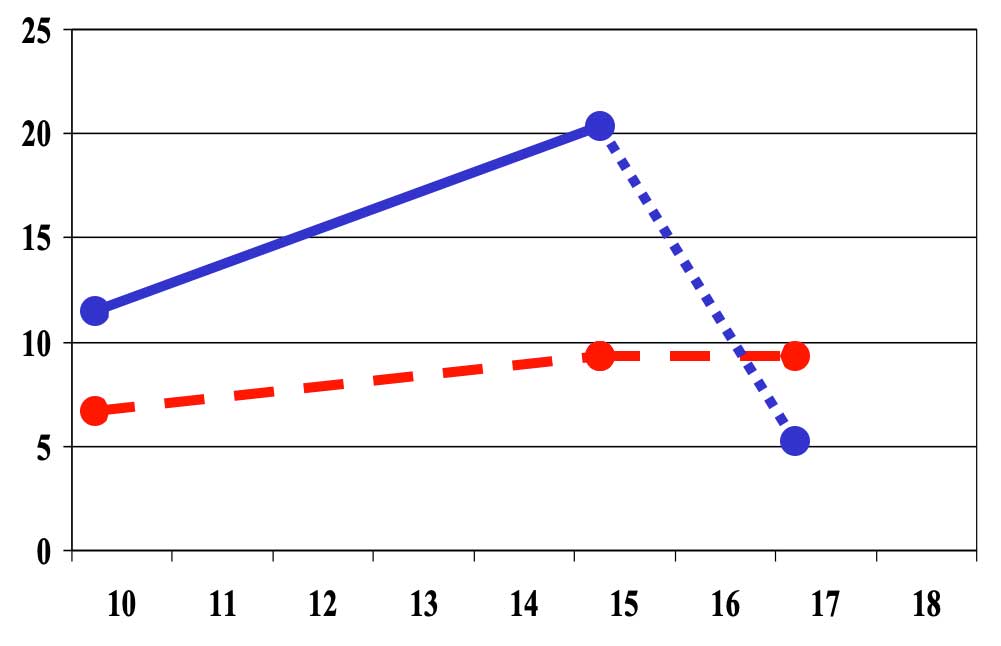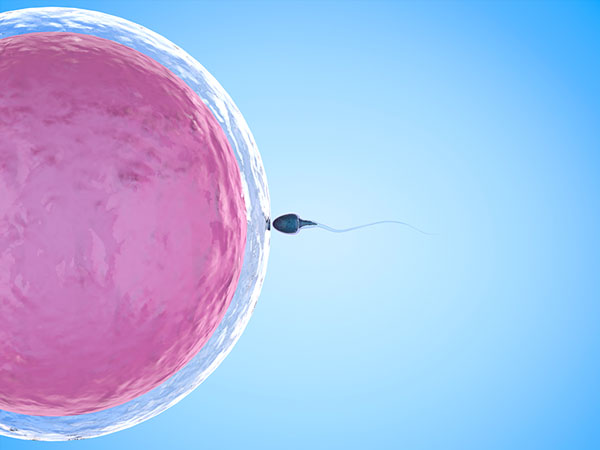Fertility Problems
How do we investigate women experiencing difficulty with conception?
Difficulty with conception can be due to a number of conditions affecting the womb (uterus), ovaries and the pelvis. At the Gynaecology Ultrasound Centre we perform ultrasound scans that provide detailed comprehensive information about fertility problems. Examination of the womb, the cavity and lining of the womb (endometrium), the ovaries and assessment of ovarian reserve are very useful tests when investigating causes of fertility problems. Our consultants have been at the forefront of research looking to improve the ultrasound diagnosis of endometriosis, uterine fibroids, adenomyosis and ovarian cysts all of which can affect the chance of successful conception.
Uterine abnormalities and their effect on conception
Uterine fibroids are common, benign growths of the muscle of the womb. The majority of fibroids cause no symptoms and can be left alone. Some fibroids make periods heavier and reduce the chance of pregnancy. These fibroids, called submucous or submucosal fibroids, need to be assessed and some have to be removed surgically to improve periods and the chance of pregnancy. Our team has published several studies on the investigation and treatment of fibroids (Click here). Through a standard transvaginal scan or a 3D saline infusion sonohysterography scan we can assess the impact of uterine fibroids on the chance of conception and advise women on the best course of action.
Adenomyosis is another benign condition which affects the muscle of the uterus. It is similar to endometriosis in that the endometrium is found in a place where it should not normally be, the muscle of the uterus. Also, similar to endometriosis, adenomyosis may have no ill effects on women’s health at all, whilst in other women it may cause very heavy, painful periods and a significant reduction in the chances of conception. Our team has published pioneering studies on the impact of the adenomyosis on the chance of conception and is in the process of researching possible ways to treat it (Click here). Following a scan with one of our experts we can provide advice on how to best approach this condition with regards to conception.
Endometrial polyps are small benign growths arising from the lining of the womb (endometrium). Sometimes they can cause bleeding in between periods, but often they cause no symptoms. An endometrial polyp can reduce the chances of women becoming pregnant. This is because polyps interfere with early pregnancy development. Larger polyps can be seen on standard ultrasound scan, however to detect smaller polyps it is sometimes necessary to instil fluid inside the uterine cavity.
Intrauterine adhesions is where there is scarring in the cavity of the womb. This is relatively rare and can happen after the placenta is inadvertently left inside the womb after delivery, following surgical treatment of miscarriage and any other operation involving the cavity of the womb such as removal of fibroids (myomectomy). Intrauterine adhesions often cause a reduction in menstrual blood loss and in more severe cases menstrual flow can stop altogether. This condition is also known as Asherman’s syndrome. Such scarring can reduce the chances of conception and increase the risk of miscarriage. Through a standard transvaginal scan or a 3D saline infusion sonohysterography scan we can assess the womb cavity for the presence of intrauterine scarring and advise you on the best course of action.
What is the role of the Fallopian tubes in conception?
The Fallopian tubes connect the cavity of the womb to the ovaries and without them natural conception cannot occur. The Fallopian tubes transport mature eggs released from the ovaries into the womb. Sperm enters the Fallopian tube from the womb where it meets the egg which is then fertilised and turned into an embryo. The embryo further develops for 3 – 4 days in the tube as it travels to reach the womb cavity where it implants into the lining, the endometrium.
Pelvic infection or endometriosis can injure the Fallopian tubes preventing natural conception and increasing the risk of an ectopic pregnancy. Some blocked tubes swell up and are visible on scan (hydrosalpinx). Such tubes may require surgery to facilitate conception.
To check whether the Fallopian tubes are open we perform tubal patency testing (HyCoSy). This is a simple 45 minute procedure that does not require an anaesthetic or X- rays. We will tell you the result as soon as the test is completed.
How does endometriosis affect the chance of conception?
While endometriosis does not cause fertility problems in all women affected by it, evidence suggests that on balance endometriosis may reduce the chances of women falling pregnant. Endometriosis causes changes in the pelvis which can make egg fertilisation more difficult, and can also damage the Fallopian tubes. Women with endometriosis can find sex very painful and therefore have intercourse less often which can also affect their chances of getting pregnant. Our team is one of very few in the UK who are able diagnose endometriosis, pelvic scarring and swollen tubes on ultrasound examination.
Women diagnosed with endometriosis who wish to conceive require individualised treatment based on multiple factors which include the extent of disease, their age, their partner’s semen analysis and ovarian reserve. Our team are internationally recognised experts in this field and we have recently published our approach to treating couples suffering with this condition (Click here). In brief, based on the scan findings, results of laboratory tests and semen analysis we can recommend the best combination of conservative treatment, assisted conception (IVF) and surgery to achieve your goal.
Polycystic ovarian syndrome (PCOS)
Polycystic ovarian syndrome (PCOS) is a common condition causing irregular menstrual cycles. Whilst women with PCOS are able to conceive spontaneously, many seek help, particularly if their cycles are very infrequent. This is because with fewer cycles, there are less eggs released from the ovaries and therefore fewer chances to fall pregnant compared to women with regular 28 day cycles. At the Gynaecology Ultrasound Centre we investigate women with suspected PCOS through scans and blood tests. We also provide treatment for PCOS which is called ovulation induction.
For those having treatment overseas, we have successfully collaborated with clinics across the globe to offer cycle monitoring and blood tests to support women undergoing ovulation induction.
What is ovulation induction and do we offer it at the Gynaecology Ultrasound Centre?

Ovulation induction is a fertility treatment which is offered to women when the ovaries release eggs very infrequently or not at all. In its simplest form, it involves taking tablets at the beginning of the cycle followed by frequent scans from day 10 of the cycle to monitor egg development. When the egg reaches maturity, women are offered an injection to help release the egg (ovulation). More difficult cases may require daily injections which are much more complex and require very close monitoring. We have fertility specialists working in our Centre who are able to carry out all the necessary tests and advise women about the best treatment for these fertility problems.
What is ovarian reserve testing?
At the time of birth the ovaries contain the maximum number of eggs and these reduce over time. Ultimately, when all the eggs are gone, women enter the menopause. At the Gynaecology Ultrasound Centre we examine small cysts (follicles) within the ovaries which contain the eggs to give an indication of the number of eggs left in women’s ovaries. This is called the antral follicle count or AFC. This test is very important in women who are planning IVF treatment and in those who are thinking about preserving their fertility by freezing their eggs.
Do we offer in vitro fertilisation (IVF) at the Gynaecology Ultrasound Centre?

While we do not offer IVF in house at the Gynaecology Ultrasound Centre, for those needing complex treatments such as egg freezing, IVF or ICSI we collaborate with a leading London fertility clinic (Click here) to offer seamless and fast treatment as we recognise that often time is of the essence when hoping to conceive. For those having treatment overseas, we have successfully collaborated with clinics across the globe to offer cycle monitoring and blood tests to support women undergoing fertility treatments.